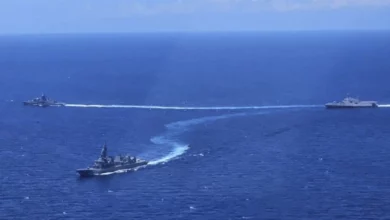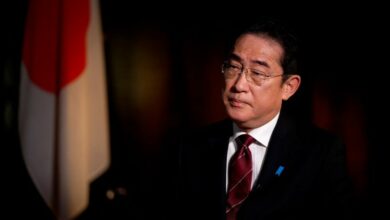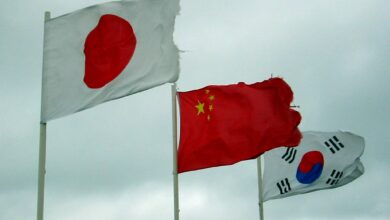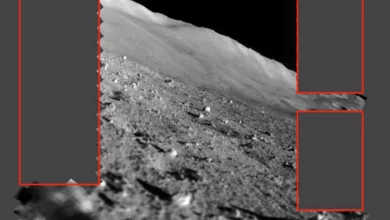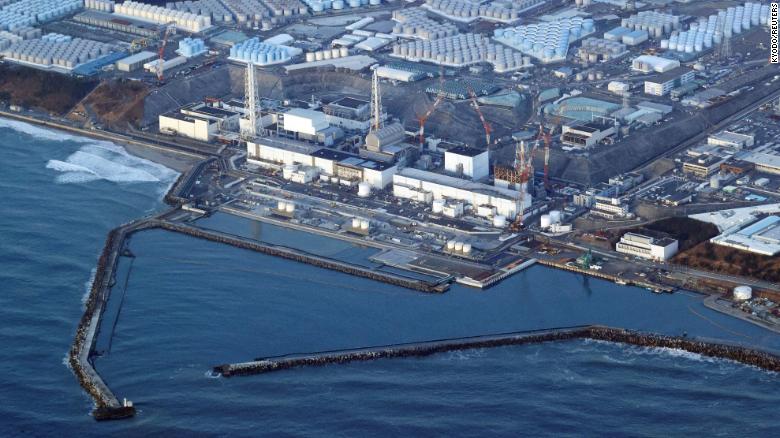
The Japanese government’s announcement of disposing the Fukushima nuclear plant’s water by dumping it into the Pacific Ocean has sparked widespread controversy, especially in neighboring countries North Korea, South Korea and China, amid concerns for its impact on humans and the environment.
The Tokyo government meanwhile insisted on its decision, citing reasons related to the station’s severe damage after the earthquake and tsunami disasters in 2011.
The Japanese government stressed that the water is not radioactive, saying it has been treated and its density has been reduced.
The International Atomic Energy Agency as well confirmed that the plant operates in accordance with international standards.
China nevertheless announced banning the import of foodstuffs from a number of regions in Japan, which have to do with the disposal of about 1.33 million tons of contaminated water stored at the station site.
The South Korean government has attempted to calm local public opinion, stating that it conducted its own study, which is in line with Japan’s plan.
The Minister of the Office for Government Policy Coordination in South Korea, Bang Moon-kyu, stated that the consequences of the discharge are negligible, and that the treated water discharged from Fukushima to the Pacific Ocean will need ten years to reach the Korean peninsula.
But the Korean opposition had a different opinion. The Federation of Korean Trade Unions staged demonstrations, near the Statue of Admiral Yi Sun Shin, the commander of the Korean Navy, who confronted the Japanese invaders in the sixteenth century.
A group of South Korean parliamentarians consisting of legislators of opposition parties organized a protest visit to Japan, to express their opposition to Tokyo’s decision. And several opposition parliamentarians in South Korea went on an open hunger strike in protest against the decision.
Residents even rushed to buy salt due to fears that the ocean would be polluted.
The Director General of the IAEA, Rafael Mariano, visited Japan in July and met with Japanese Prime Minister Fumio Kishida, after which he stated that Tokyo’s plans are consistent with the safety standards issued by the IAEA, which constitutes a global reference for the protection of people and the environment.
Mariano stated that the discharge of treated water into the sea is done gradually and in a controlled manner.
In turn, Prime Minister Kishida said that he will never agree to any discharge that has negative effects on the health of the people of Japan and the world, as well as on the environment.
Water is stored in more than a thousand tanks near the stricken nuclear power station in northeastern Japan. The station failed after the earthquake and tsunami disasters in 2011.
According to Japanese studies, wastewater will be diluted from hundreds of thousands of becquerels (a unit for measuring radioactivity) per liter of tritium in storage tanks, to 1,500 becquerels per liter in wastewater that will be pumped, which will reduce the dose of radiation inside the ocean water.
North Korea also entered the confrontation line, as it criticized the IAEA for giving Japan the green light to drain radioactive water from the stricken Fukushima nuclear plant into the ocean waters.
North Korea’s Ministry of Environment said that the irrational behavior of the IAEA which actively supports and facilitates Japan’s radioactive water discharge plans, which is unimaginable and will have a “negative impact on human life, security and the environment.”
Edited translation from Al-Masry Al-Youm

